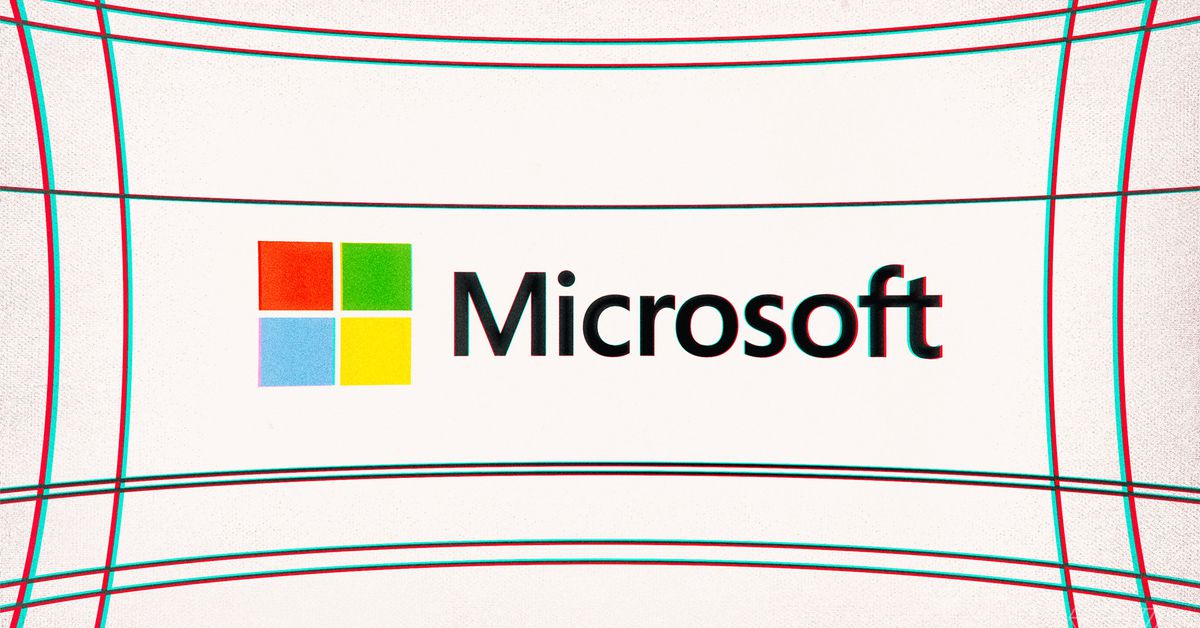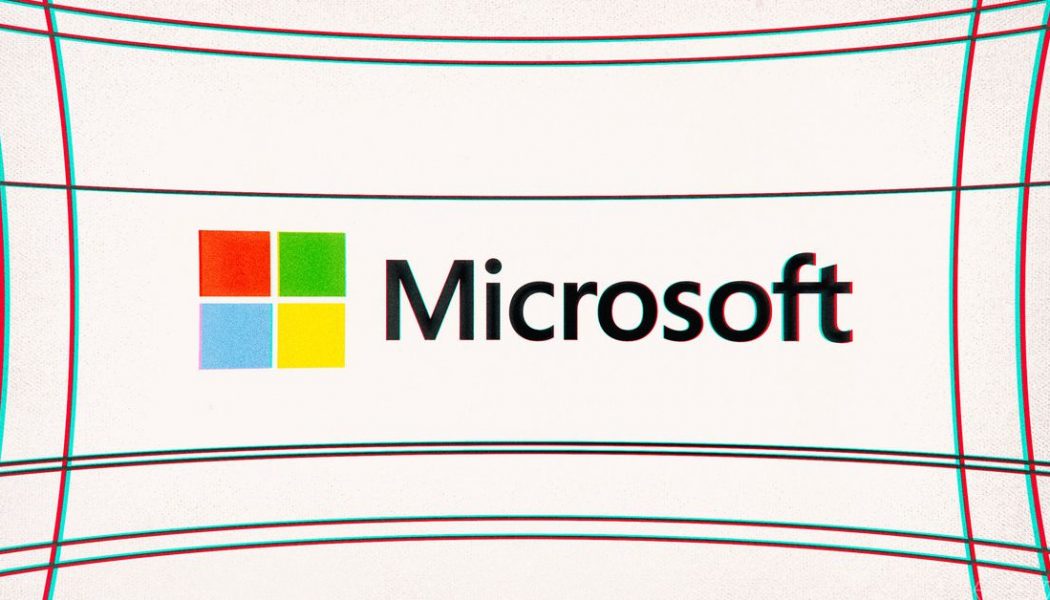
Microsoft is crediting a developer after he accused the company of copying the core mechanics of its new Windows Package Manager. AppGet developer Keivan Beigi provided a detailed account of Microsoft reaching out with interest about his package manager, inviting him for interviews, and then ghosting him for months before unveiling its own package manager that he felt was inspired by his work.
Beigi claimed the “core mechanics, terminology, the manifest format and structure, even the package repository’s folder structure” of Microsoft’s Windows Package Manager (winget) are all heavily inspired by AppGet. Microsoft only briefly mentioned AppGet once in its announcement, in a throwaway line that lists other Windows package managers. A variety of Windows package managers exist, and are used to automate the process of installing and updating apps.
Microsoft doesn’t dispute the claims. “Our goal is to provide a great product to our customers and community where everyone can contribute and receive recognition,” says Andrew Clinick, a program manager responsible for the app model at Microsoft, in a blog post. “Over the past couple of days we’ve listened and learned from our community and clearly we did not live up to this goal. More specifically, we failed to live up to this with Keivan and AppGet. This was the last thing that we wanted.”
Clinick stops short of directly apologizing for the circumstances around AppGet and winget, and admits Microsoft’s implementation was inspired — or as he puts it “helped us get to a better product direction” — by AppGet:
No scripts during install – something that we completely agreed with and don’t allow with MSIX
Rich manifest definition within GitHub – the power of being open combined with rich declarative meta data about the app is so important to meet goal #1
Support all types of Windows applications installers
Seamless updates for applications in the repository
Microsoft is now promising to credit Beigi in an upcoming update to the readme portion of the Windows Package Manager. We reached out to Beigi to comment on the blog post and Microsoft’s overall response, but the developer says he’s still in discussions with Microsoft over the issue. “There are a few areas Andrew and I have been discussing,” says Beigi in a comment on GitHub. “Hopefully we’ll have something to share with you guys soon.”










